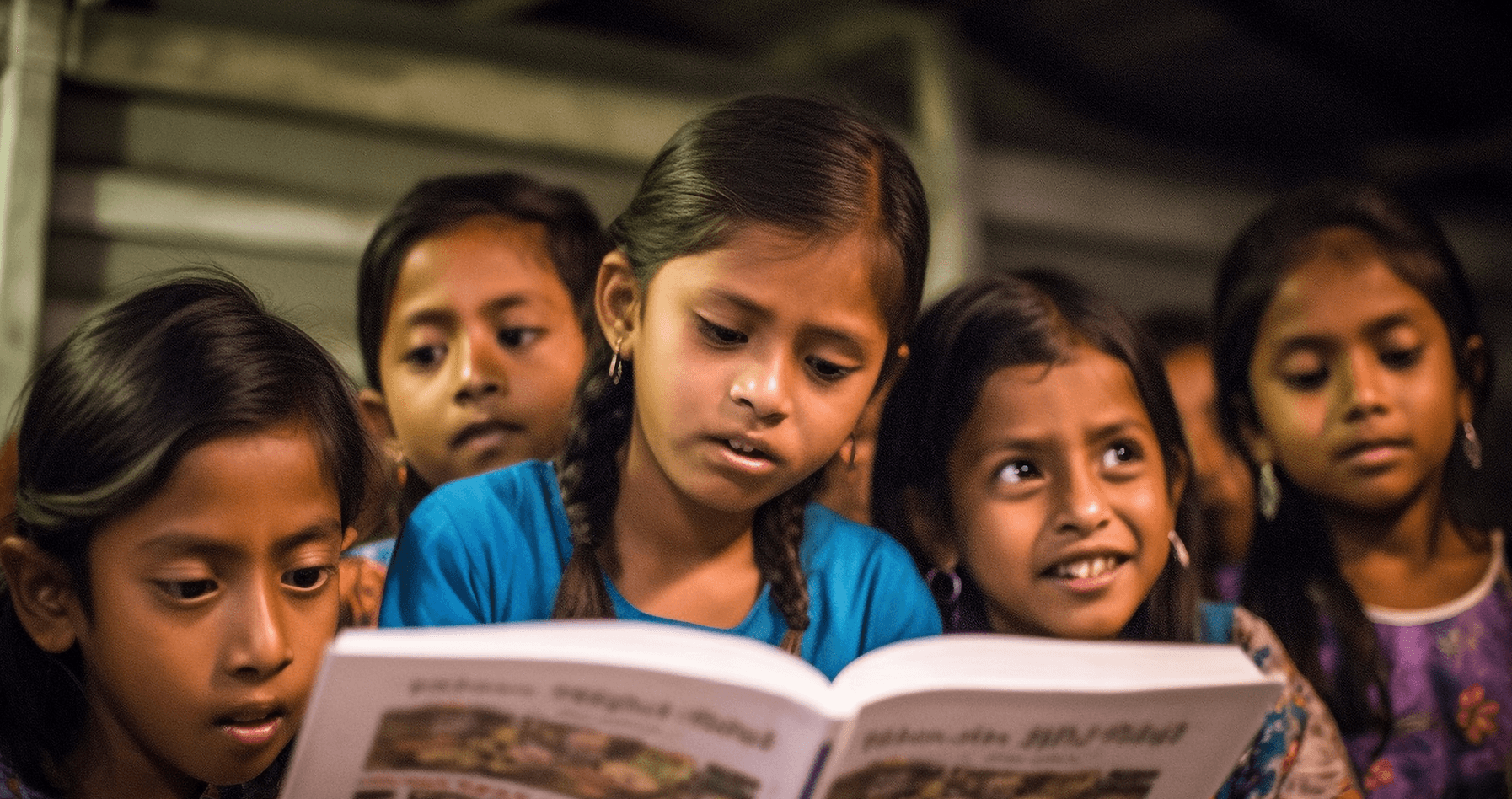
Acceptability and feasibility of the Heartfulness Way: A social-emotional learning program for school-going adolescents in India
This study evaluated the acceptability and feasibility of the Heartfulness Way, a social-emotional learning (SEL) program tailored for school students in India. Implemented across multiple schools, the program integrated mindfulness, relaxation, and reflective practices into the academic schedule.
Students, teachers, and parents reported high levels of engagement, satisfaction, and perceived emotional benefit. The program was found to improve self-awareness, empathy, focus, and stress management among adolescents.
Educators noted it aligned well with school routines and required minimal disruption. Implementation challenges were few, indicating high feasibility for broader scaling.
Overall, the Heartfulness Way was viewed as a culturally appropriate and impactful SEL solution for Indian school settings. The findings support its use to nurture mental well-being and emotional resilience in youth.
Main Goal and Fundamental Concept:
The primary objective of this study was to evaluate the acceptability and feasibility of implementing the "Heartfulness Way," a social-emotional learning (SEL) program, among school-going adolescents in India. The core idea was to assess whether this program could be effectively integrated into school settings and positively influence students' emotional well-being.
Technical Approach:
The researchers conducted a pilot study involving the implementation of the Heartfulness Way program in selected schools. The methodology included:
- Participant Selection: School-going adolescents were recruited from various schools in India.
- Program Implementation: The Heartfulness Way program, focusing on meditation and relaxation techniques, was introduced to the participants over a specified period.
- Data Collection: Pre- and post-intervention assessments were conducted to measure changes in participants' emotional and social well-being.
- Feedback Mechanism: Qualitative feedback was gathered from participants, teachers, and facilitators to gauge the program's acceptability.
Distinctive Features:
- Cultural Relevance: The program was tailored to fit the cultural context of Indian adolescents, making it more relatable and effective.
- Holistic Approach: Unlike traditional SEL programs, the Heartfulness Way incorporated meditation and relaxation techniques, addressing both emotional and mental well-being.
- Stakeholder Involvement: The study emphasized feedback from all stakeholders, ensuring a comprehensive understanding of the program's impact.
Experimental Setup and Results:
Design: A mixed-methods approach combining quantitative assessments and qualitative feedback.
Participants: Adolescents from selected schools participated in the program over a defined period.
Findings:
- High levels of acceptability among students and teachers.
- Notable improvements in students' emotional regulation and social interactions.
- Positive feedback highlighted the program's relevance and effectiveness.
Advantages and Limitations:
Advantages:
- Feasibility: The program was successfully integrated into school routines without significant disruptions.
- Positive Outcomes: Participants exhibited improved emotional well-being and social skills.
Limitations:
- Sample Size: Being a pilot study, the sample size was limited, which may affect the generalizability of the findings.
- Short Duration: The study's duration was relatively short, limiting the assessment of long-term impacts.
Conclusion:
The study demonstrated that the Heartfulness Way program is both acceptable and feasible for implementation in Indian schools. The positive outcomes suggest its potential as an effective SEL intervention. However, further research with larger sample sizes and extended durations is recommended to validate and expand upon these findings.